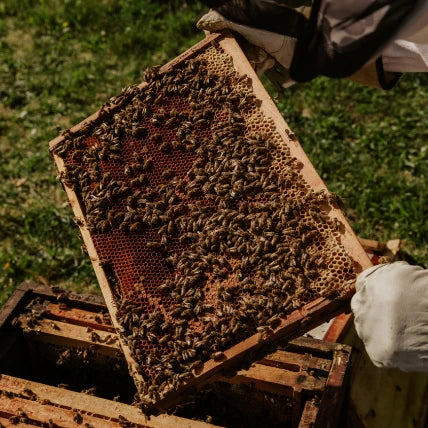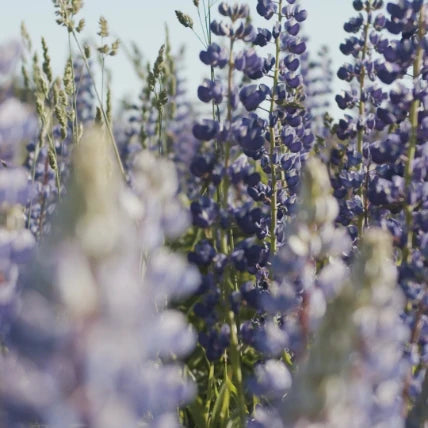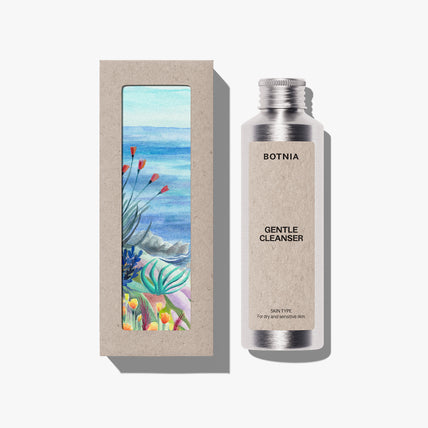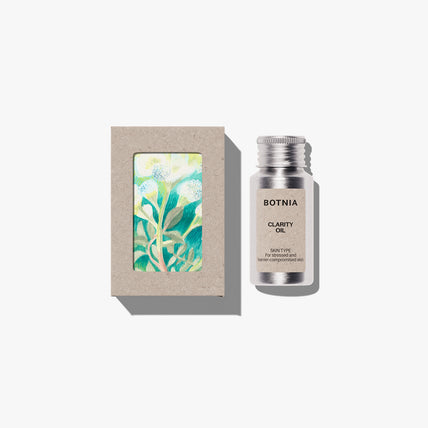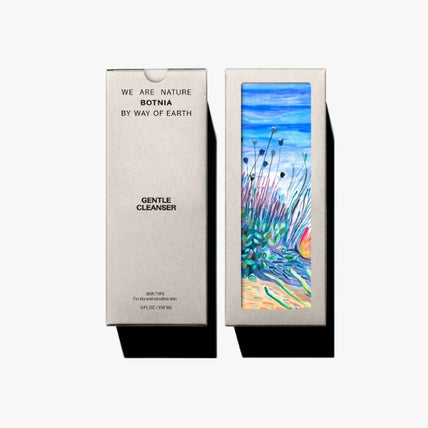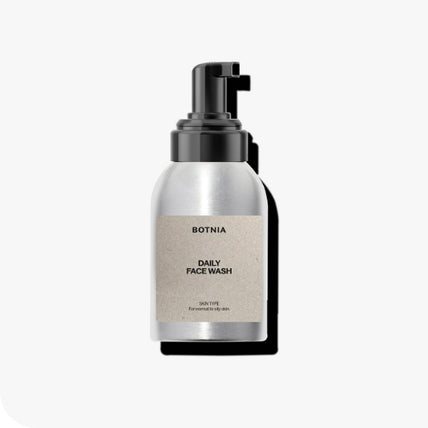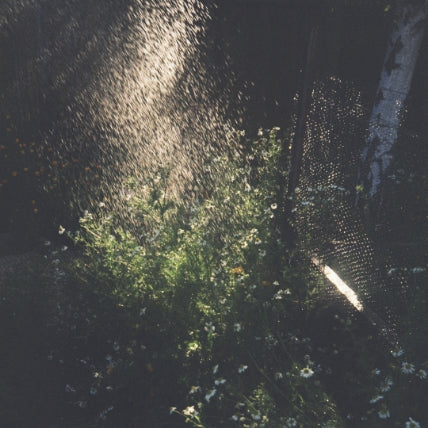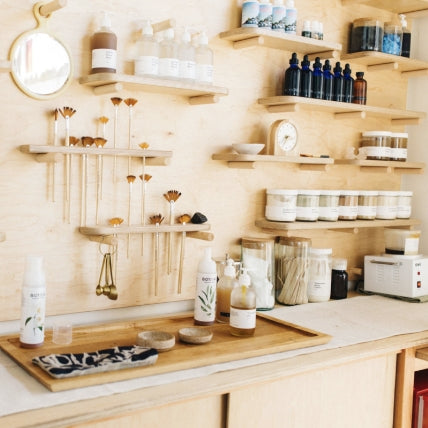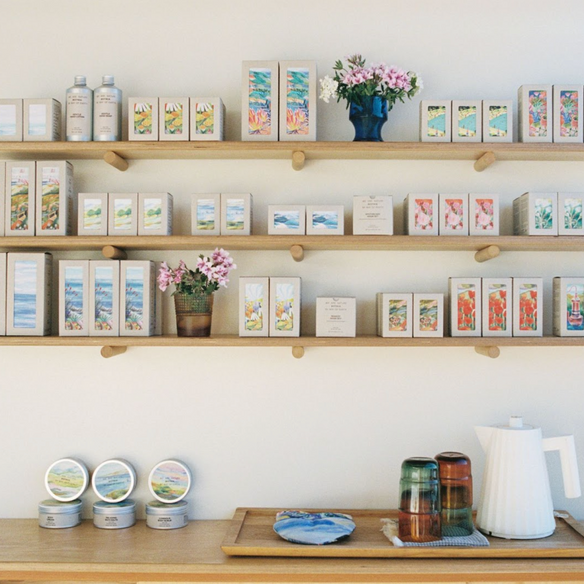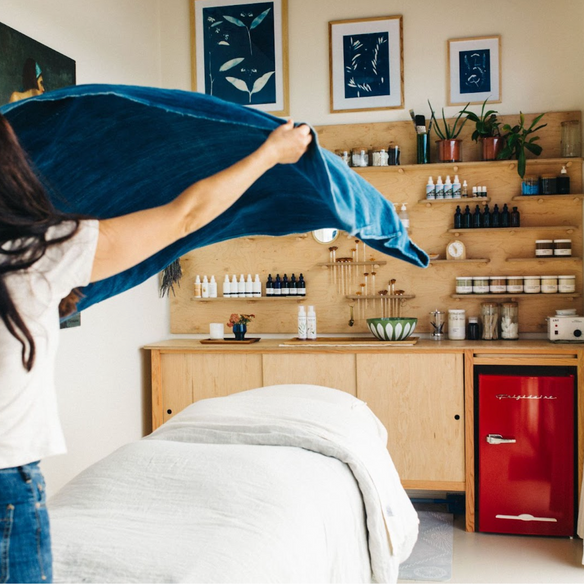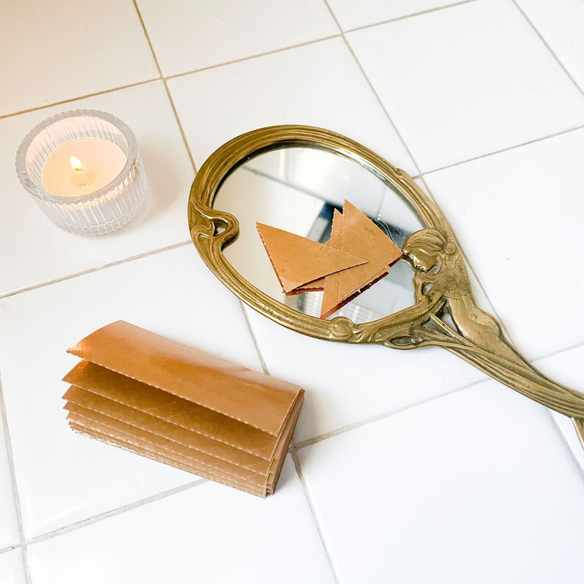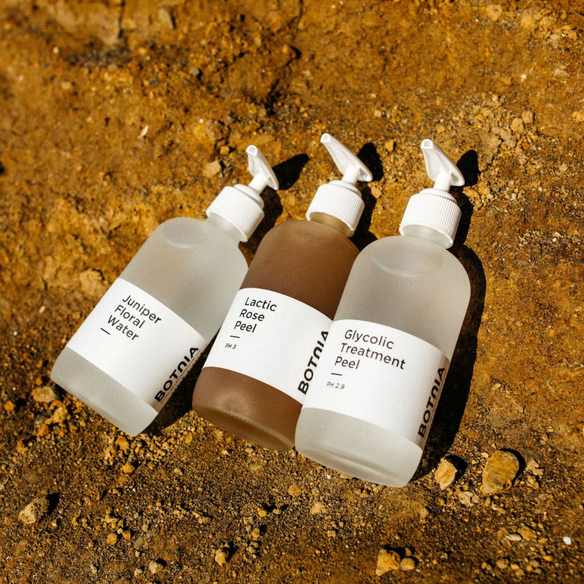
Is Your Skincare Greenwashed?
When you take a look at the marketing buzzwords used in any industry, it’s easy to be tricked into thinking that any product can be good for you and also good for the planet.
Greenwashing (when companies mislead customers into believing their products are more eco-friendly than they actually are) is becoming more rampant as consumers demand a change for our earth and the way we consume goods. It’s designed to make us believe that companies are doing more to protect the environment than they really do, which can be misleading for consumers. We’re here to draw back the curtain and show you how to determine whether a brand is truly green or not.
Check your sourcing
Any company can make claims that their products are sustainable, “green,” or eco-friendly, but how can you determine if that’s really true? By playing detective and learning to ask companies the right questions, you can get closer to finding out how eco-conscious a product really is. Because the beauty industry is mostly unregulated, it’s good to check against marketing buzzwords frequently used in the skincare industry that’s marketing to you to buy a product.
We’ve also created a quick guide to decoding ingredients on a label. Our quick tips when shopping for a product: scan the label and notice how long or short the ingredients list is, and if you can understand what you’re reading. If you can mostly understand the ingredients, you’re probably on the right track. Using the Environmental Working Group (EWG) Database can help you search for any ingredients you’re unsure of as many products use INCI codes on their labels to list ingredients according to label regulations.
We recommend asking companies these questions to learn more about sourcing:
- Where do you source X ingredient from?
- What are the practices used to source this ingredient? Are they ethical practices?
- Is it natural or synthetically made?
- Do you have any certificates of analysis of the ingredients used in X product?
- Are these sourced locally or from somewhere else?
Is X ingredient organic or certified organic? (There’s a difference! Just because something isn’t certified organic doesn’t mean that it isn’t organic!)
While there may be proprietary information that companies can’t share, their answer should get you closer to determining if a product is sustainable and eco-friendly. If companies are closed to answering and not transparent, it’s a sign that they might be hiding behind facts they don’t want you to know. For truly eco-friendly practices, it’s best when ingredients are sourced as locally as possible to keep the carbon footprint low.
Sustainability and packaging
You can also determine if a company is greenwashing by the materials they use for their packaging, especially if it’s mostly plastic or using a lot of extra packaging to create a specific aesthetic. As we move away from plastics and find more products in glass, aluminum and other materials, it’s good to learn how each one is processed and how much energy it takes to form these packages.
We currently use milk glass bottles for most of our products, and while it’s beautiful and better than plastic in some ways, most recycling companies don’t actually recycle your glass bottles and jars! Did you know that only about 26% of glass is actually recycled? Even if you clean and properly sort glass, some recycling plants may not be equipped to recycle it.
Surprisingly, plastic’s carbon footprint is smaller than both glass and aluminum and emits fewer pollutants as well, but once it’s created, it doesn’t break down and is in essence, forever plastic. Plastic also is less likely to be reused, which makes glass and aluminum the clear front runners in this race. While we love our beautiful milk glass bottles, glass actually is worse than plastic in the sense that it’s mined from rare non-renewable materials and resources and uses more fossil fuels to produce and ship than both aluminum and plastic. Because it’s also so difficult to recycle than aluminum, glass actually comes last in place in the sustainability race.
Until we find the “perfect” renewable and reusable material, aluminum is the clear winner as the most eco-friendly and sustainable packaging option out there. It can be infinitely recycled without losing its integrity, and is one of the most recycled materials in the world. Aluminum (for now) is definitely the future. Hint hint, it’s in Botnia’s packaging future, too! Stay tuned for exciting news coming this spring!
Ignore influencers and celebrity sponsorships
Don’t forget the power of a good influencer or celebrity. Most influencers are sent free products for a review and posts on social media and celebrities are paid to be a spokesperson for a brand. Sometimes scripts or specific verbiage is used to help market their products to a certain demographic, and because interest in sustainability is growing, it’s hard to know who’s speaking the truth. While we like to believe that these people use the products IRL, more likely than not, they don’t and are using the power of their influence to gain followers’ and customers’ trust.
Look for companies who don’t use any influencers or celebrity faces as part of their marketing. Better yet, ask your friends, family, co-workers, and people in your social circles for their recommendations! Word of mouth is one of the more reliable references you can trust when it comes to knowing if a product works or doesn’t.
Dig deeper and do your own research
It’s always good to ask questions to become more educated in the “why” behind why you’re spending your dollars with any company. Learning to look through greenwashed buzzwords, dig for clear answers, and requesting transparency from companies are ways you can know how truly eco-friendly a company really is. We hope this guide helps you get curious to ask more questions.
We love hearing your feedback with our products, and do our best to take into account the wants and needs of our customers. As we continue to tell our story, we can only improve by hearing what others are experiencing with our products in the wild. If you have a question you’d like to know about our sourcing, ingredients, packaging, sustainable practices or anything else, please email us botniaskincare@gmail.com or DM us on Instagram @botniaskincare! We’d love to hear from you!
Thank you for being an eco-conscious consumer and for continuing to push us to be more sustainable, more eco-conscious and walk into the unknown to find better solutions for our planet.
Xo,Botnia
